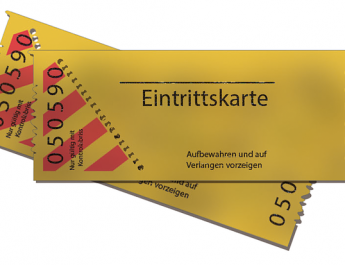Option traders can benefit from being an option buyer or option writer. The options allow a potential gain during both volatile times, and when the market is quiet or less volatile. This is possible because the prices of assets such as stocks, currencies and commodities are always moving, and no matter what the market conditions are, there is an option strategy that can take advantage of it.
The forex signals app will guide you about the basics. The information about the moving currencies and market conditions are available to the traders. You can take benefit of the option strategy to get desired results. The collection of correct information is essential for the traders.
[Price discovery is an essential process if you want to see profits when it comes to options. Learn to buy and write options, the basic concepts of buying and selling, and how to analyze the market to achieve maximum success with the Options Course of the Investopedia Academy. Training of professional options to put the odds in your favor.]

Basic concepts of the profitability of the options
A purchaser of a call option can make a profit if the underlying asset, say an action, rises above the strike price before the expiration. A put option buyer makes a profit if the price falls below the strike price before expiration. The exact amount of earnings depends on the difference between the price of the shares and the exercise price of the option at expiration or when the position of the option is closed.
A writer of call options can make a profit if the underlying stock remains below the strike price. After writing a put option, the trader benefits if the price remains above the strike price. The profitability of a writer of options is limited to the premium he receives for writing the option (which is the cost of the option buyer). Option writers are also called option sellers.
Purchase of options versus writing
A buyer of options can get a substantial return on investment if trading options works. This is because the price of an action can move significantly beyond the strike price.
A writer of options obtains a comparatively lesser performance if the operation of options is profitable. This is because the return of the writer is limited to the premium, no matter how much the action moves. So, why write options? Because the odds are overwhelmingly on the writer’s side of options. A study in the late 1990s, conducted by the Chicago Mercantile Exchange (CME), found that just over 75% of all expired options expired worthless.

This study excludes option positions that were closed or exercised before the expiration date. Even so, for each option contract that was in the money (ITM) at expiration, there were three that were out of the money (OTM) and, therefore, no value is a pretty strong statistic.
Evaluation of risk tolerance
Here is a simple test to assess your risk tolerance in order to determine if it is better to be a buyer of options or a writer of options. Let’s say you can buy or write 10 purchase option contracts, with the price of each call at $ 0.50. Each contract normally has 100 shares as the underlying asset, so 10 contracts would cost $ 500 ($ 0.50 x 100 x 10 contracts).
If you buy 10 purchase option contracts, you pay $ 500 and that is the maximum loss you can incur. However, its potential benefit is theoretically unlimited. So, what is the trick? The probability that the exchange is profitable is not very high. Although this probability depends on the implied volatility of the purchase option and the remaining period of time until the expiration date, let’s say 25%.
On the other hand, if you write 10 purchase option contracts, your maximum profit is the amount of premium income, or $ 500, while your loss is theoretically unlimited. However, the chances of the exchange of options being profitable are very favorable, at 75%.
So, would you risk $ 500, knowing that you have a 75% chance of losing your investment and a 25% chance of making a profit? Or would you prefer to earn a maximum of $ 500, knowing that you have a 75% chance of keeping the total amount or part of it, but have a 25% chance of the transaction losing?
The answer to these questions will give you an idea of your risk tolerance and whether it is better to be an option buyer or option writer.
It is important to keep in mind that these are the general statistics that apply to all options, but at certain times it may be more beneficial to be an option writer or a buyer in a specific asset. Applying the right strategy at the right time could alter these probabilities significantly.




